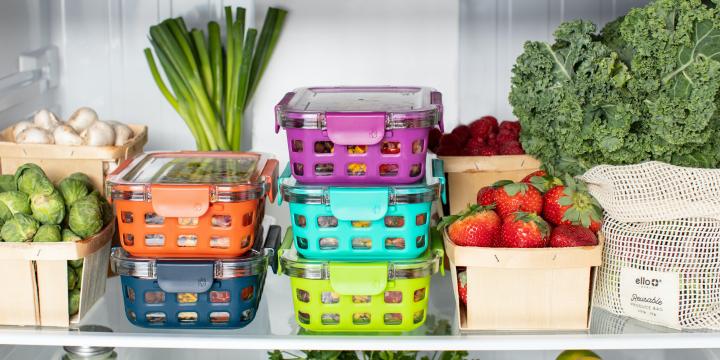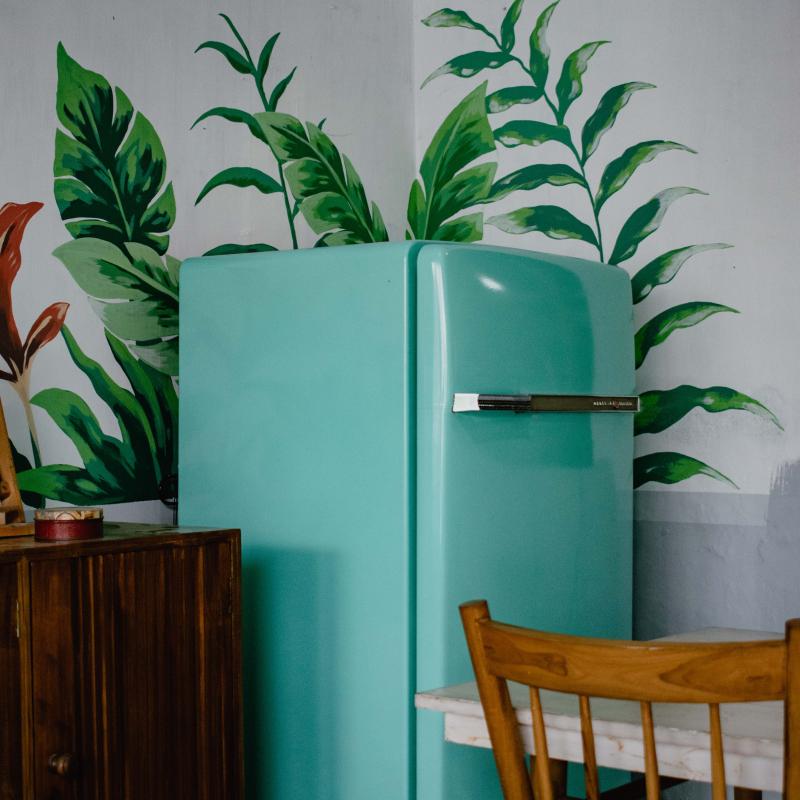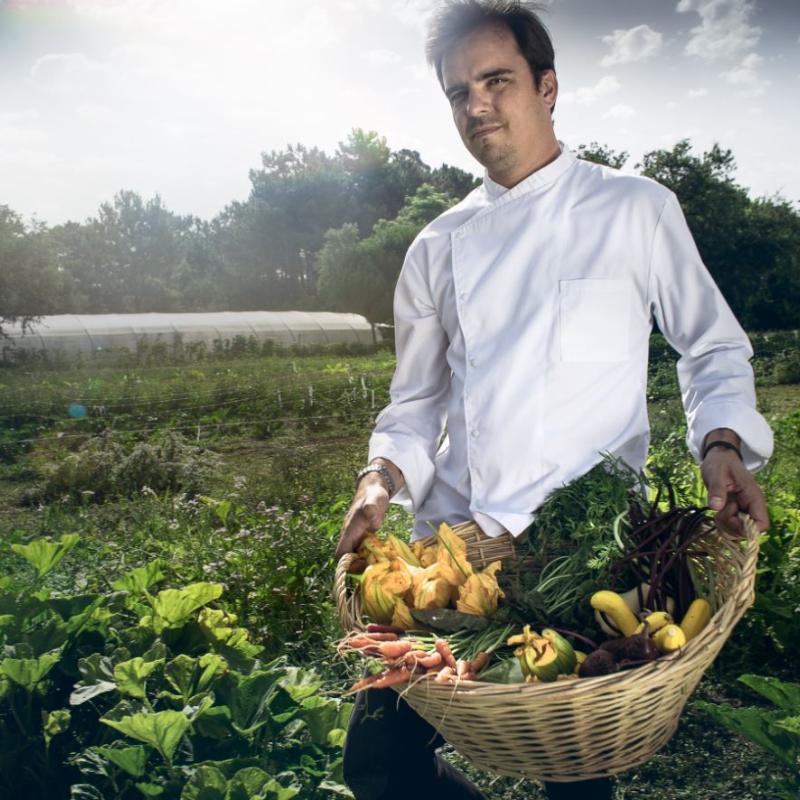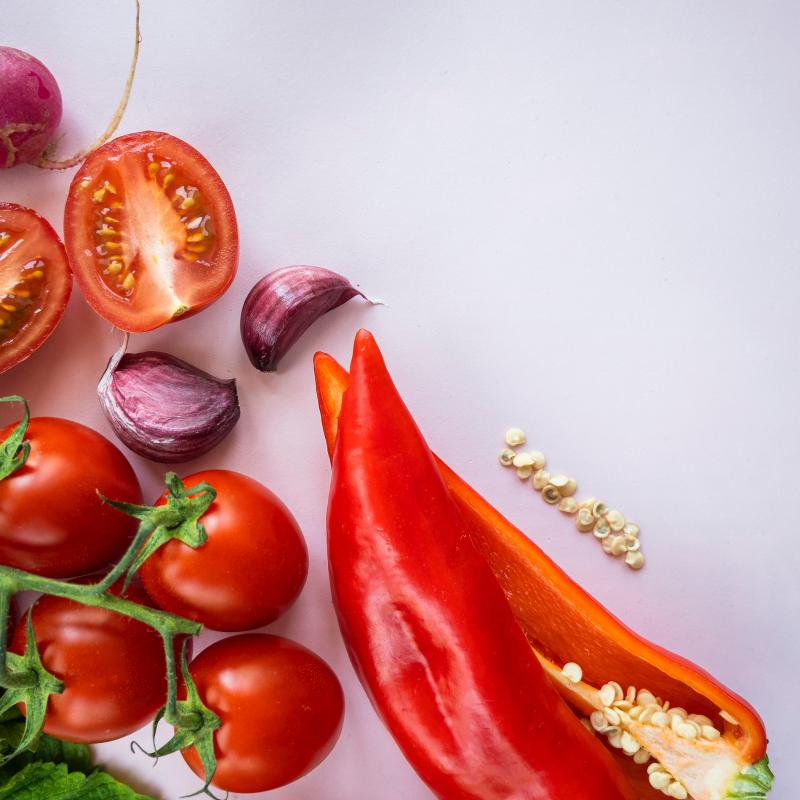Cook & Chef Tips & Tricks
How to preserve foods correctly
Monday, 5 June, 2023
Preventing food waste is one of pillars that underpins sustainable gastronomy. The best way to do it is to plan the menus you are going to cook for the week in advance. That way, when you go to the supermarket, you’ll only buy what you need.
However, sometimes, unexpected situations occur that stop us from sticking to our plan, like receiving an invitation to eat out or arriving home tired and feeling in the mood order a takeaway. When this happens, there are foods that stay in the fridge longer than planned, to the point that they may go off.

Learning to appropriately preserve perishable foods will be a great help in preventing this problem. Pay attention to our tips!
A logical fridge
- Organise your fridge properly. Each area has a different temperature, so you should take advantage of it when placing food inside. The drawers at the bottom are perfect for fruit and vegetables, which should always be stored separately; the bottom shelf is always the coldest, place meat and fish here; save the upper shelves for pre-cooked dishes, dairy products and cold meats; while the door usually contains products that are less sensitive to temperature changes, including drinks, sauces, eggs and jams. Additionally, remember to place the products that expire quickest towards the front so you use them first.
- Freeze meat and fish as soon as you do the shopping if you aren’t going to cook them in the next few days.
- Wash vegetables before placing them in the fridge. Hold them under cold water for 20 seconds and dry them. Do this especially with those you are going to eat raw, like lettuce leaves.
- Store foods separately where possible, in airtight containers or bags, to prevent cross contamination between them.
How long do airtight containers last in the fridge?
Another way of preserving food for longer is to pre-cook it and store it in airtight containers. With this technique, you can cook several meals at once and save yourself having to cook for the next few days, what is known as batch cooking.
To make sure they keep well, you should place them in the fridge when they are no longer hot. Stews, vegetables, rice and pasta dishes can last an average of between two and four days; fish, seafood or Spanish omelette last a little less, and it is advisable to eat these within two days.
We recommend that you search on the internet if you are unsure about a dish or specific food and let yourself be guided by your senses. If you think it smells strange or has a strange consistency...don’t risk it!



